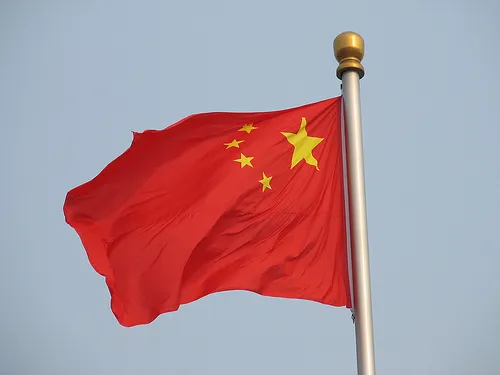
UBS predicts China will be hit by a tsunami of structural policy changes
Will there be sector-specific ones too?
According to UBS China Weekly, China’s macro policies for 2013 are quite straight forward: monetary policy was eased in mid 2012 and credit expansion has been very rapid since then.
Such a policy stance will likely be maintained for a bit longer but as the economy recovers, inflation and property prices rise further, and concerns about over-investment and financial sector health return, we expect the government to start to tighten credit policy.
The earliest possible opportunity for reining in credit will likely be April, but we think the more likely time would be in H2 2013. In other words, the resumption of repos by the PBC this week was just normal liquidity management post the Chinese New Year, not a policy tightening yet.
Here's more from UBS:
As for policies regarding the property sector, we think some targeted measures could be implemented as early as April 2013 for a few large cities if sales and prices continue to rise rapidly.
This is not the whole story, of course. 2013 will likely see many sector-specific or structural policy changes being initiated or implemented.
While they are not trail-blazing big moves, these policy changes will have important and uneven impact on different sectors and on the market. Many of these will be the new administration resuming policy changes outlined in the 12th five year plan after a period of leadership transition.
In general, these policies tend to have a negative impact on the energy-intensive sectors, including the state-owned enterprises, and positive for utilities, transport and services, and general consumption.
However, the near-term direction of credit and property policies and the implementation of key structural reforms in the next 2-3 years will determine whether such “rebalancing” policies can achieve the desired effects.








![Cross Domain [Manu + SBR + ABF + ABR + FMCG + HBR + ]](https://cmg-qa.s3.ap-southeast-1.amazonaws.com/s3fs-public/styles/exclusive_featured_article/public/2025-01/earth-3537401_1920_4.jpg.webp?itok=WaRpTJwE)









 Advertise
Advertise


